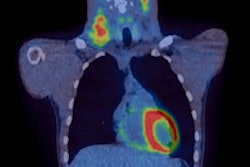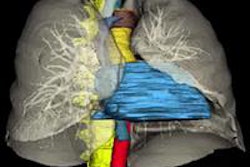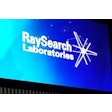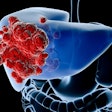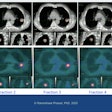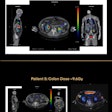The American Society for Radiation Oncology (ASTRO) has chosen seven physician-researchers to receive a total of $675,000 in awards and grants to advance radiation oncology research.
The grants will support studies in radiation and cancer biology, radiation physics, translational research, outcomes/health services research, and comparative effectiveness research within radiation oncology.
Two individuals received the 2015 ASTRO Junior Faculty Career Research Training Award:
- Dr. Kent William Mouw, PhD, of the Dana-Farber Cancer Institute, to investigate the genomic determinants of chemoradiotherapy responses in anal carcinoma
- Dr. Robert Mutter, of the Mayo Clinic in Rochester, MN, to study chemoresistant triple-negative breast cancer xenograft models established from patients with high-risk breast cancer in a preoperative chemotherapy clinical trial
The ASTRO Residents/Fellows in Radiation Oncology Research Seed Grant awards $25,000 for one-year projects to residents and fellows:
- Dr. Ariel Marciscano, of Johns Hopkins University, to research immuno-PET as a noninvasive biomarker to characterize the tumor microenvironment
- Dr. David Mayhew, PhD, of the University of Alabama at Birmingham, to evaluate the role of a noncanonical form of mRNA translation in the cellular stress response of tumors
- Dr. Jennifer Shah, of Stanford University, to investigate the feasibility of performing serial perfusion CT scans in patients undergoing lung tumor stereotactic ablation body radiation therapy
The ASTRO/ROI Comparative Effectiveness Research Award provides $50,000 annually for two years to two researchers:
- Dr. Timothy Zagar, of the University of North Carolina, to research the comparative effectiveness of endocrine therapy and radiation therapy regimens for elderly women with early-stage estrogen-receptor-positive breast cancer
- Dr. Mark Mishra, of the University of Maryland Medical Center, to determine if the use of intensity-modulated radiation therapy (IMRT) versus 3D conformal radiation therapy can reduce side effects after prostate irradiation





